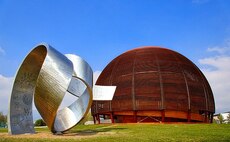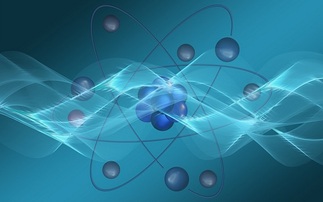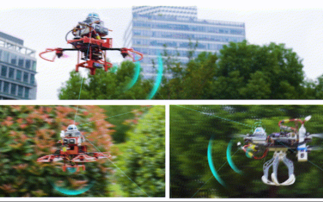Black holes from Large Hadron Collider may last longer than first thought
Fresh research has sparked fears regarding the safety of the CERN project New research by three physicists has raised concerns over the safety of the Large Hadron Collider (LHC), which is due to ...
To continue reading this article...
Join Computing
- Unlimited access to real-time news, analysis and opinion from the technology industry
- Receive important and breaking news in our daily newsletter
- Be the first to hear about our events and awards programmes
- Join live member only interviews with IT leaders at the ‘IT Lounge’; your chance to ask your burning tech questions and have them answered
- Access to the Computing Delta hub providing market intelligence and research
- Receive our members-only newsletter with exclusive opinion pieces from senior IT Leaders






















